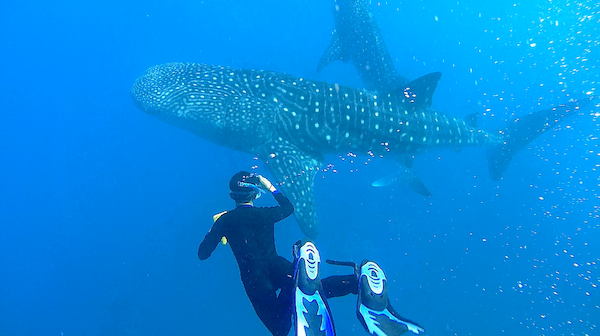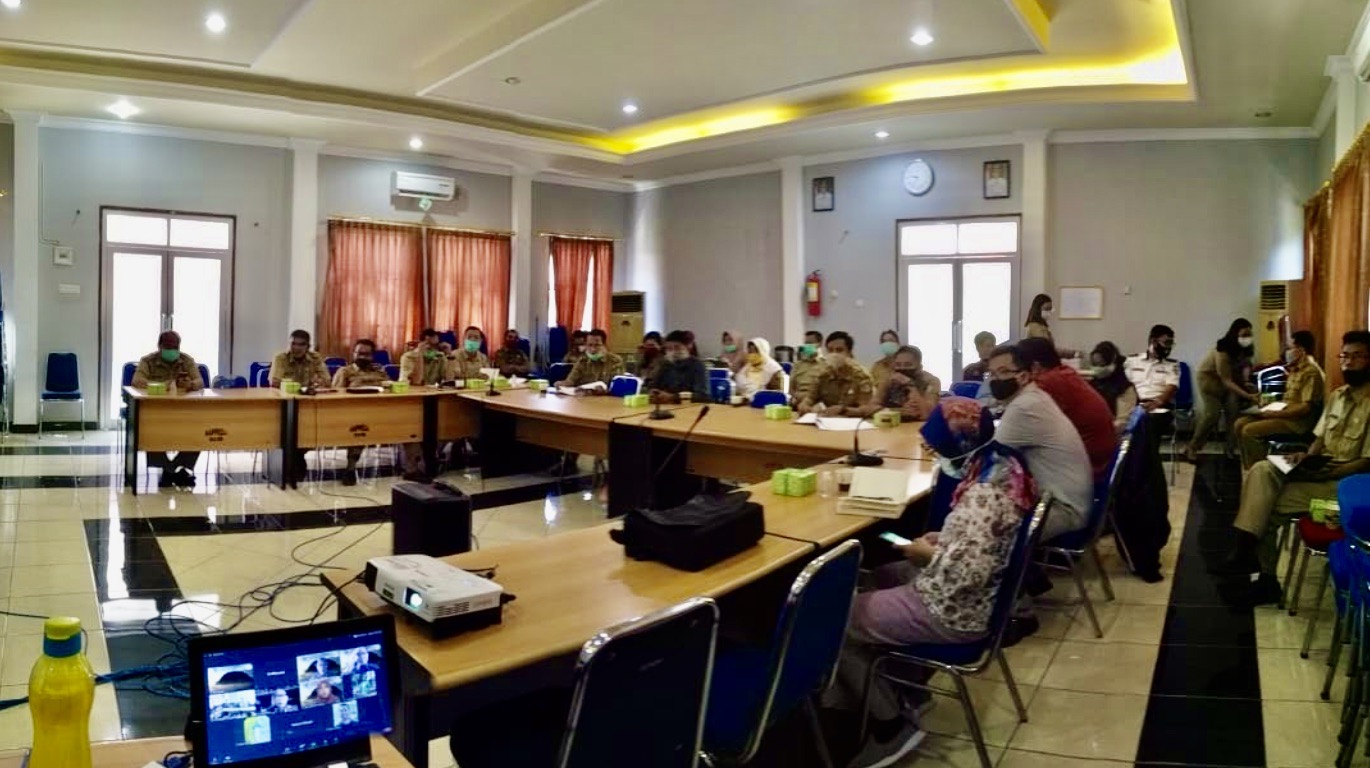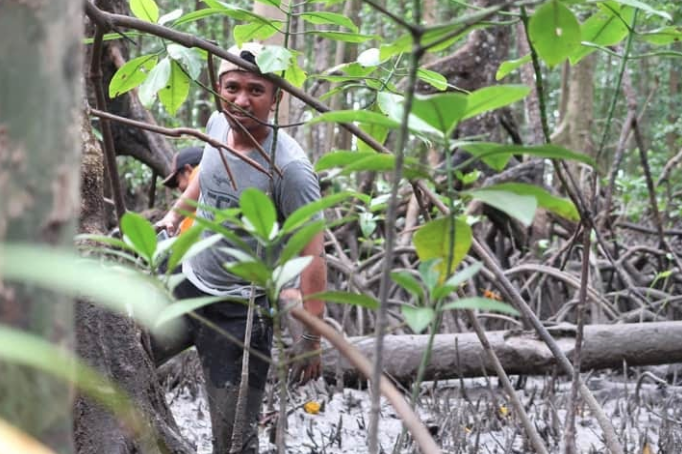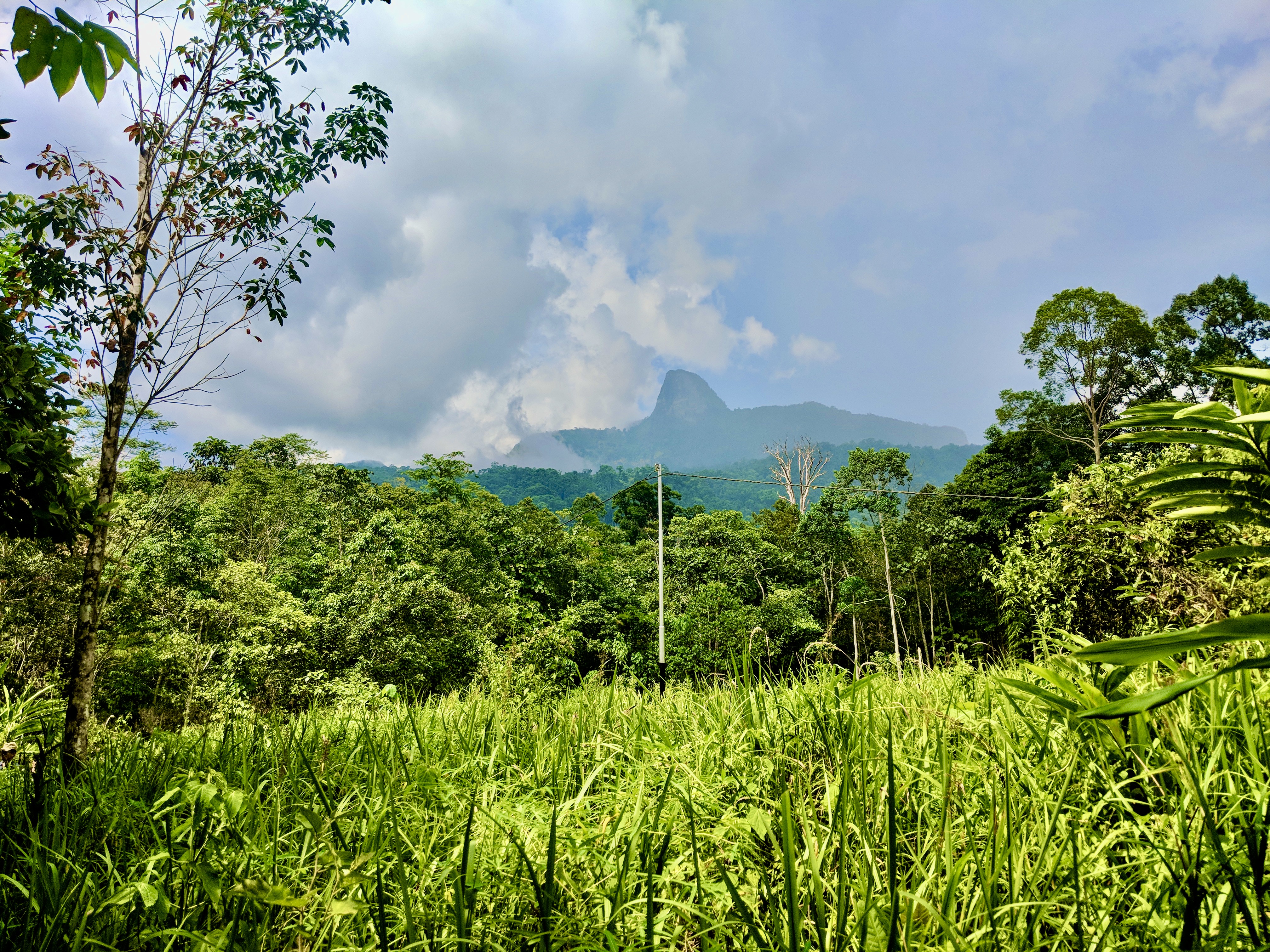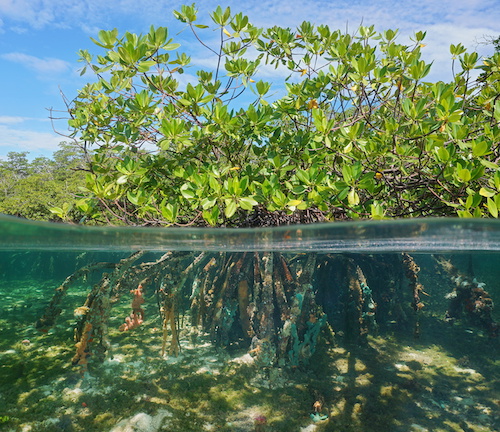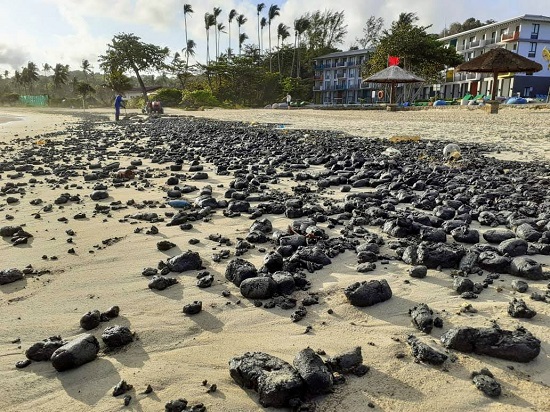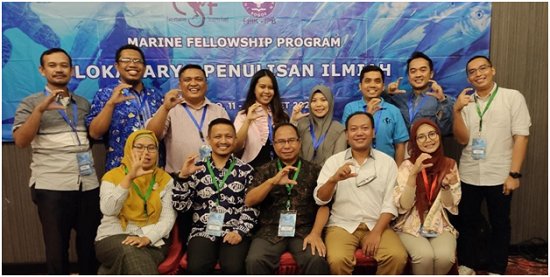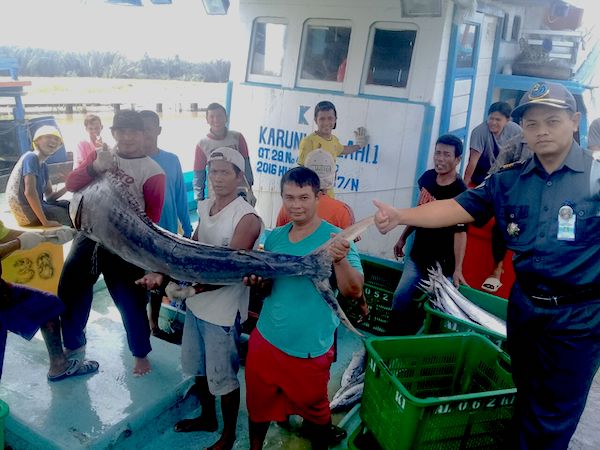News
According to the International Union for Conservation of Nature (IUCN), the whale shark, or Rhincodon typus, has been added to IUCN's red list of endangered species, following a population decline of 50% over the last three generations. While the causes of the whale shark population’s decline are not yet fully known, the conservation of their remaining habitat is more critical now than ever before.
Conservation Strategy Fund (CSF) Indonesia employs a research-to-policy approach to providing sustainable development goals for marine management all across Indonesia. As a part of this approach, CSF Indonesia collaborated with the Agency of Research and Human Resources (BRSDM) within the Ministry of Marine Affairs and Fisheries (MMAF) to hold a National Seminar on Research and Policy in Fisheries Socio-Economics.
This August, CSF Indonesia held its first virtual course in collaboration with the Sintang District Government in West Kalimantan, Indonesia, as a part of the ongoing Green Sintang Action Plan. In response to COVID-19, CSF Indonesia transitioned the in-person training into a virtual format, which allowed the team to better reach local stakeholders and community leaders throughout the Sintang District.
For years, the fishing industry in the Sorong region of West Papua, Indonesia, has relied on a broker system between local fisherman and commercial companies; a system that disproportionately prioritizes export-grade fish for trade, often to the detriment of local fishers. As a result, when the government placed restrictions on fishing activities and markets due to COVID-19, local fisherman suffered a devastating setback. Unable to fish or sell their fish at market, many local families were left without a primary source of income.
In response to the COVID-19 Pandemic, CSF Indonesia held its first-ever webinar as a part of our collaborative engagement with the Sintang District Government in West Kalimantan, Indonesia for its Green Sintang Action Plan.
Photo credit: Shuttershock
Photo: Solid oil spills in front of a Bintan Island resort. Photo credit: Ani Suryanti
Case Study of Bintan Island, Riau Islands
Marine Fellowship Program mentors and participants in Gorontalo, making a “c” for conservation sign. Photo credit: Setia Dewi
CSF Analyst Sopian Hidayat working with a group during the Capacity Building workshop. Photo credit: Hasanul Adha Fauzi
Gillnet Catches. Photo courtesy of Dwi Ari Priyanto

